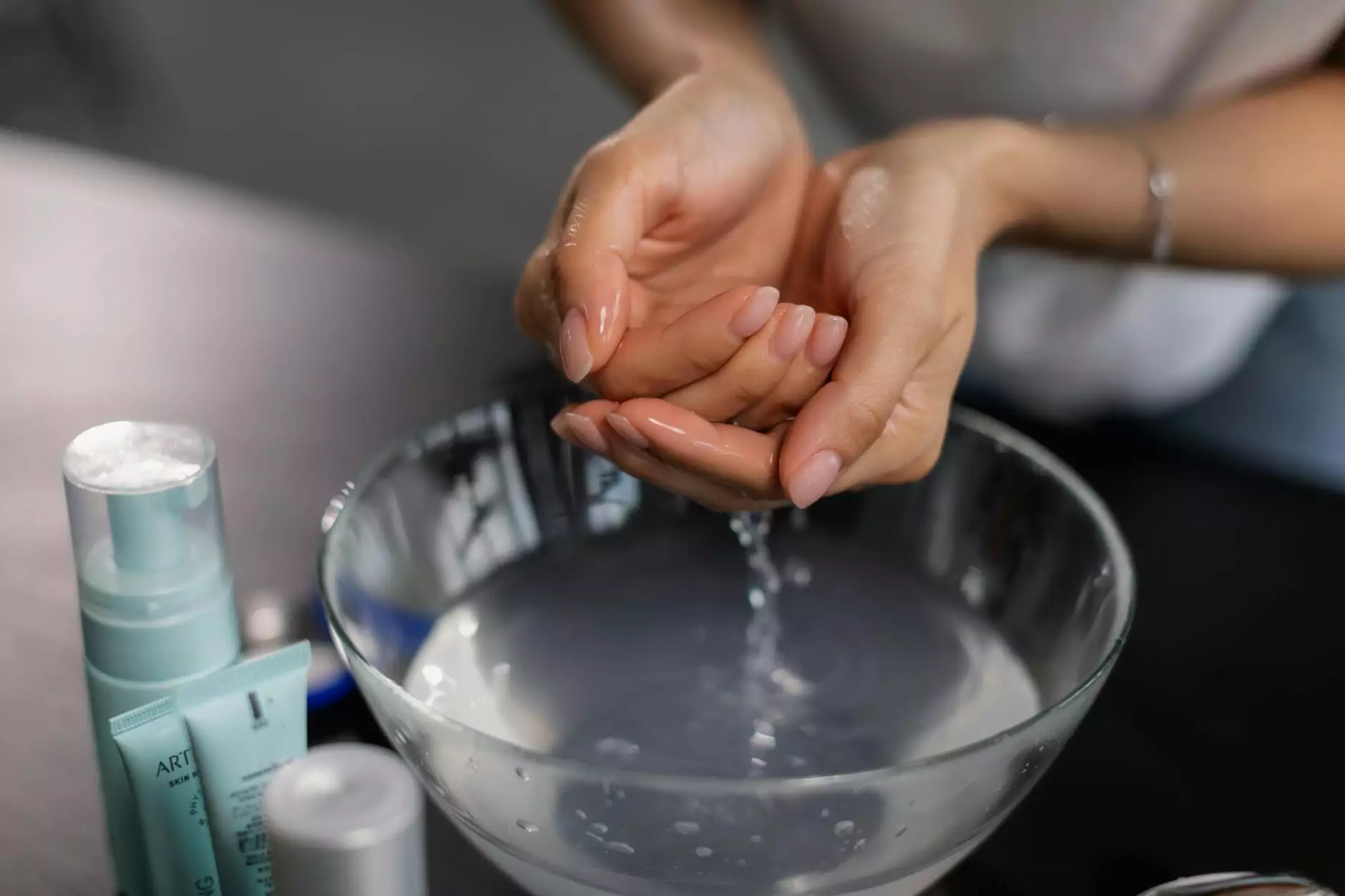Summer Can Heat Up Cases of Swimmer's Ear
Blog
Welcome to the informative page on "Summer Can Heat Up Cases of Swimmer's Ear" by Bowling Orthopaedics, your trusted source for health and medical information. In this article, we will uncover the relationship between summertime and swimmer's ear, a common condition that affects many individuals during this season.
The Relationship Between Summer and Swimmer's Ear
As the temperature rises and people spend more time in the water, the incidence of swimmer's ear tends to increase. Swimmer's ear, also known as otitis externa, is an infection that affects the ear canal. It occurs when water remains trapped in the ear, creating a breeding ground for bacteria and fungi.
During the summer months, individuals of all ages engage in various water activities such as swimming, diving, and water sports. While these activities are enjoyable and refreshing, they can raise the risk of swimmer's ear. Prolonged exposure to water, especially in pools, lakes, and oceans, can disrupt the protective lining of the ear canal, making it vulnerable to infection.
Preventing Swimmer's Ear
Prevention is key when it comes to swimmer's ear. By following a few simple steps, you can significantly reduce your chances of developing this uncomfortable condition:
- Dry your ears thoroughly: After swimming or bathing, make sure to dry your ears thoroughly using a clean towel or a hairdryer on a low setting. Tilt your head to the side, gently pull on your ear, and use a towel or the air from the hairdryer to remove any excess moisture.
- Avoid inserting objects in your ear: Q-tips, bobby pins, or any other objects should never be inserted into your ear canal, as they can damage the delicate skin and push debris further into the ear. This can increase the risk of infection.
- Use earplugs or a swim cap: If you are prone to swimmer's ear or participate in water activities regularly, it may be beneficial to use earplugs or wear a swim cap to keep excess water out of your ears.
- Consider preventive ear drops: Consult with your healthcare provider about the possibility of using preventive ear drops. These drops can help maintain a healthy ear canal environment and minimize the risk of infection.
Treating Swimmer's Ear
If despite your best efforts, you still develop swimmer's ear, there are effective treatment options available. It is essential to seek medical attention from a qualified healthcare professional, such as those at Bowling Orthopaedics, for an accurate diagnosis and appropriate treatment plan.
Treatment for swimmer's ear typically involves:
- Ear cleaning: Removing any debris, pus, or earwax that may be present in the infected ear canal. This is usually done using gentle irrigation or suction techniques.
- Prescription eardrops: Depending on the severity of the infection, your healthcare provider may prescribe eardrops containing antibiotics or antifungal medication. You will be instructed on how to properly administer the drops.
- Pain management: Over-the-counter pain relievers, such as acetaminophen or ibuprofen, can help alleviate any discomfort or pain associated with swimmer's ear. Your healthcare provider may recommend specific medications based on your individual needs.
- Preventive measures: To prevent recurring infections, it is important to follow the preventive measures outlined earlier in this article. Maintaining good ear hygiene and avoiding activities that may introduce bacteria or irritants to the ear canal can help prevent future episodes.
Bowling Orthopaedics: Your Trusted Source for Swimmer's Ear Treatment
Bowling Orthopaedics is committed to providing comprehensive care for a wide range of health conditions, including swimmer's ear. Our team of experienced healthcare professionals is dedicated to diagnosing and treating swimmer's ear with personalized attention and expertise.
If you or a loved one is experiencing symptoms of swimmer's ear or need guidance on prevention strategies, don't hesitate to contact Bowling Orthopaedics. We are here to help you enjoy your summer activities without the discomfort of ear infections.
Remember, maintaining good ear hygiene, following preventive measures, and seeking prompt medical attention when needed can significantly reduce the risk of swimmer's ear. Enjoy your summer with the confidence of healthy ears!




